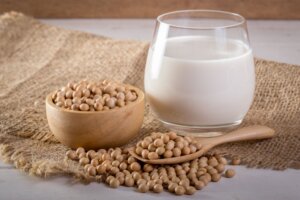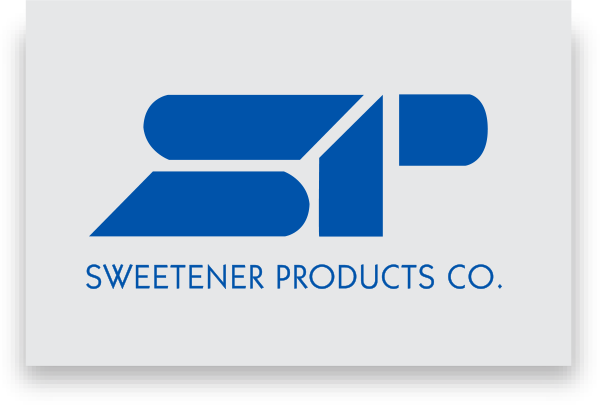The organic pea protein market is booming with an expected growth in revenue at an estimated CAGR of 7.2 percent running up to 2027. A new report, Organic Pea Protein Market by Persistence Market Research, attributes the rise in pea protein demand to consumers being more conscious about their health along with the popularity of vegan and vegetarian diets among health-conscious people who still need to add a substantial amount of protein to their diets. Additionally, those who prefer a flexitarian diet have increasing concerns about the role red meat plays in cardiovascular disease and are looking for protein-rich, as well as lactose- and gluten-free food alternatives made from plant proteins.
What is Pea Protein?
Peas naturally contain protein, at around eight grams per cup. Eighty-percent pea protein powder is an important plant-based protein that is mechanically milled and processed through wet fractionation and is the unflavored portion of the dehulled yellow split pea.
While muscles don’t absorb the amino acids in pea protein as quickly as they absorb whey protein, pea protein’s amino acids are not as slow-acting as casein. In terms of speed of digestion, pea protein is considered medium-fast absorbing.
Product Applications
Consumers can find pea protein in snacks, cereals, gluten-free foods, high-protein foods, dairy products, ready-to-drink beverages, and powdered beverages. It’s especially beneficial when included in sports, senior, weight management and clinical nutrition programs.
Given the slowdown of some of the country’s major meat processing plants due to COVID-19, there is a strong opportunity for pea protein play a greater role as a texture-improving agent in meat processing. Moreover, Grandview Research as predicts pea protein emerging as an important ingredient among U.S. food and beverage manufacturers due to our close proximity to yellow pea producing Canada.
The Benefits of Pea Protein
There are many benefits of using pea protein in a wide range of foods and beverages. Its neutral taste profile doesn’t interfere with a product’s intended flavor. Additional benefits of this “power” protein include:
-
Allergen- and Gluten-Free
Some of the most common sources of protein also create food allergies or intolerances. These include milk/dairy, eggs, peanuts, tree nuts, wheat (gluten) and soy. Since pea protein is completely different from these allergen-causing ingredients, it is a perfect protein ingredient.
-
Plant-Based, Sustainable, and Earth-Friendly
For consumers who are concerned about their carbon footprint, pea protein is much easier to produce than milk-based whey protein. Additionally, mini sex doll pea protein has non-GMO properties.
-
Pea Protein is Rich in Iron
Pea protein is high in iron, with most products containing five or more milligrams per serving, which represents at least a quarter of the recommended daily iron intake for adults. Vegans and vegetarians who don’t receive iron from consuming animal products can also receive an important nutritional boost.

Pea Protein Contains Key Amino Acids
As previously mentioned, a key feature of pea protein is its branched-chain amino acids (BCAAs) and arginine amino acids that can improve a person’s performance and muscle recovery. BCAAs, which include isoleucine, leucine, and valine, drive protein synthesis to create muscle mass. Around 20% of the amino acids in pea protein come from BCAAs. While whey protein consists of 25% BCAAs, pea protein has roughly three times the arginine content of whey.
Pea protein also contains lysine, an important amino for the health of cartilage, skin and bones.
The Outlook for Pea Protein Looks Positive
The growing popularity of meat substitutes and concerns regarding lactose intolerance, coupled with the rising demand for gluten-free products is expected to drive the demand for pea proteins. It’s an exciting time for food developers and manufacturers to explore the many uses of pea protein – and continue to give their customers the new products that they want.
Contact us via email at info@spvw.com or telephone at (800) 305-2200 to learn more about our pea powder products and other proteins.
